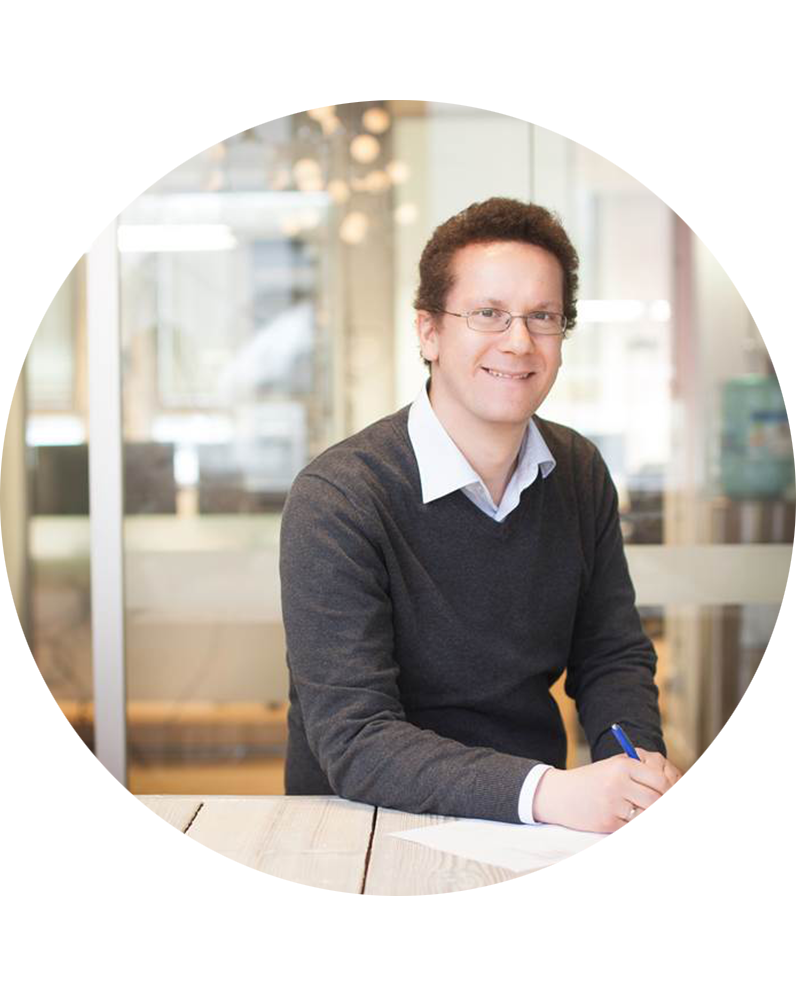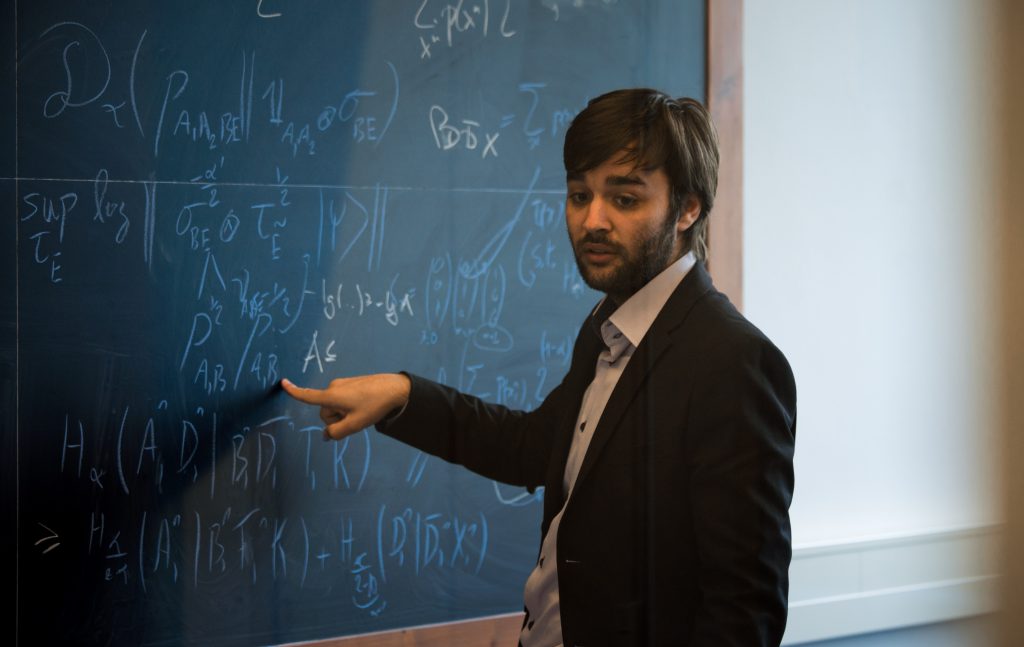PROJECTS IN QUANTUM SOFTWARE & THEORY
QuTech welcomes students who are driven to work on problems at the very frontiers of quantum technologies.
QuTech works hard to realise a quantum computer and quantum internet. To succeed in this mission, theory and software as well as hardware efforts are required in each of QuTech’s divisions. Students in the second year of their Master’s or third year of their Bachelor’s can apply for a project with one of QuTech’s research groups. The projects are divided over four categories: Quantum Software & Theory, Quantum Hardware & Experiment, Quantum Computer Engineering and Quantum Materials.
Projects in quantum software and theory allow you to work on the design and analysis of quantum technologies. Such projects range from the design of new quantum protocols and algorithms and the theoretical analysis of quantum error correction schemes, quantum communication methods all the way to the theoretical design aspects of quantum hardware.
The projects are open to students with a background in computer science, math, physics or engineering.
Here you will find the projects in the category Quantum Software & Theory.
David Elkouss
David Elkouss works on protocols and numerical methods to realise a large-scale quantum network. His group works mainly on novel error correction codes, quantum network protocol benchmarks and quantum network simulators within the quantum internet division.
Are you interested in a project within David’s group?
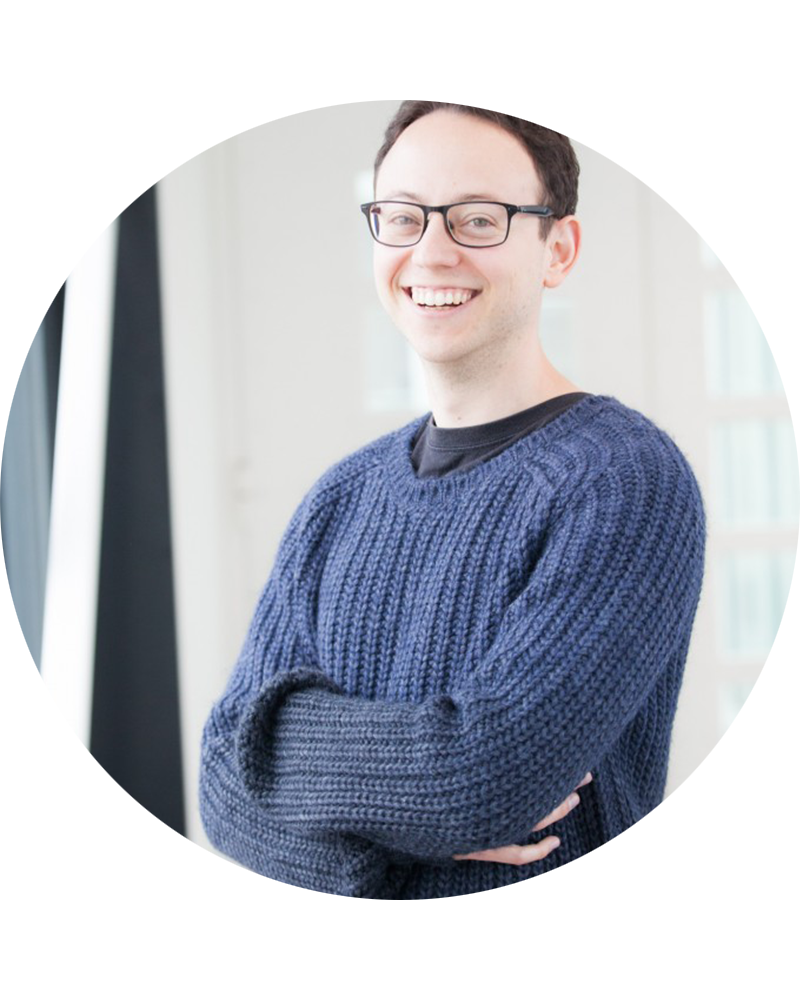
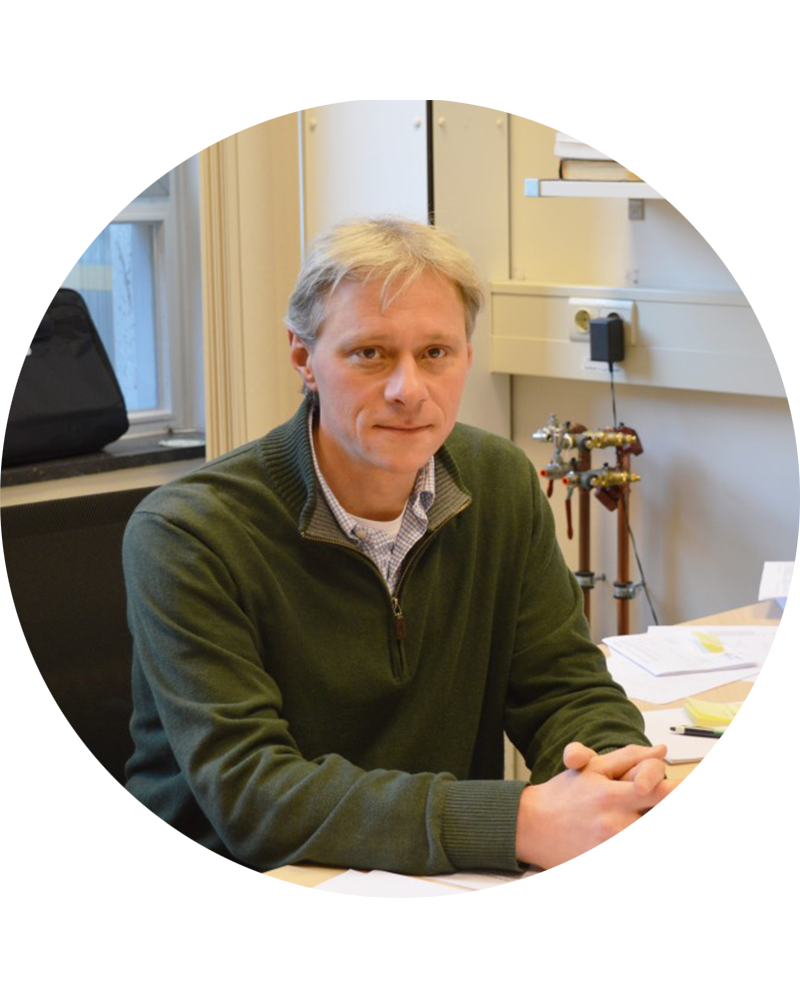
Slava Doborovitski
Slava Doborovitski’s group studies the physics of quantum hardware in order to realise and control quantum computing and communication systems. His specific interests include the physics of spin qubits in quantum dots and NV centers in diamond. Slava’s group closely collaborates with experimentalists in the quantum computing and quantum internet divisions.
Are you interested in a project within Slava’s group?
Barbara Terhal
Barbara Terhal’s group works on quantum error correction, a central element required to realise a large-scale quantum computer. Specific interests of her group are error correction schemes for superconducting qubits, and she collaborates with experimentalists working on implementing quantum computers in the quantum computing roadmap. In addition, the group has a general theoretical interest in quantum algorithms, the power of (noisy) quantum computers beyond classical computation, and methods of efficient classical simulation.
Are you interested in a project within Barbara’s group?
Send your CV, including information about previous courses, grades, experiences and motivation to Barbara.
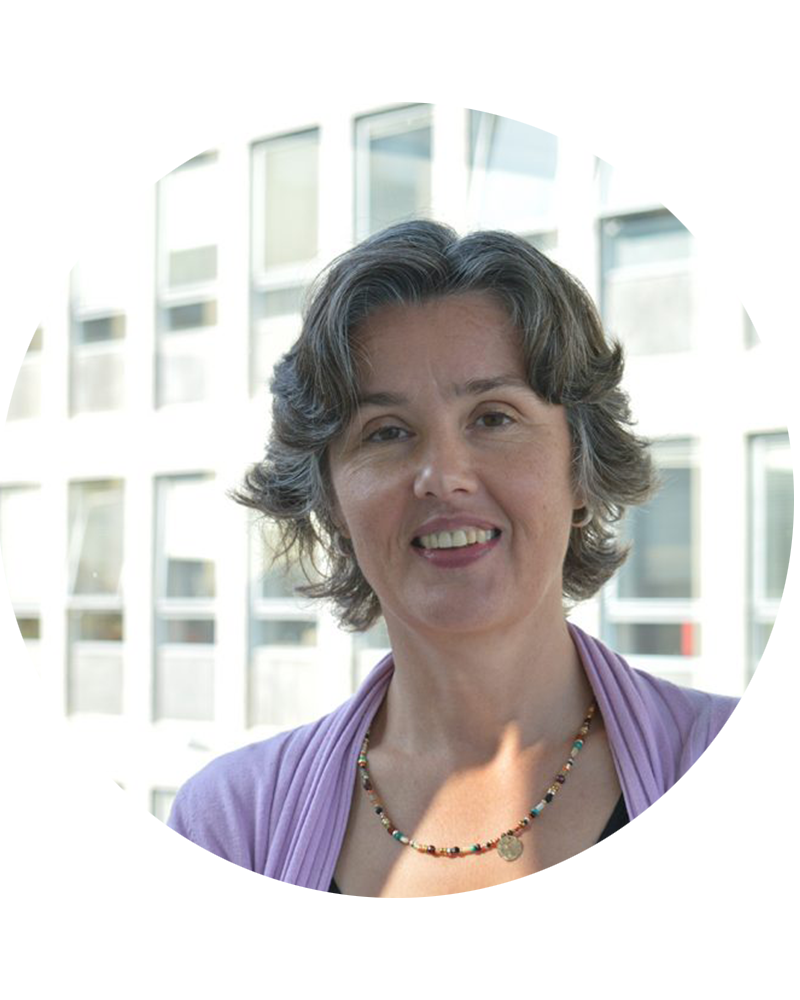
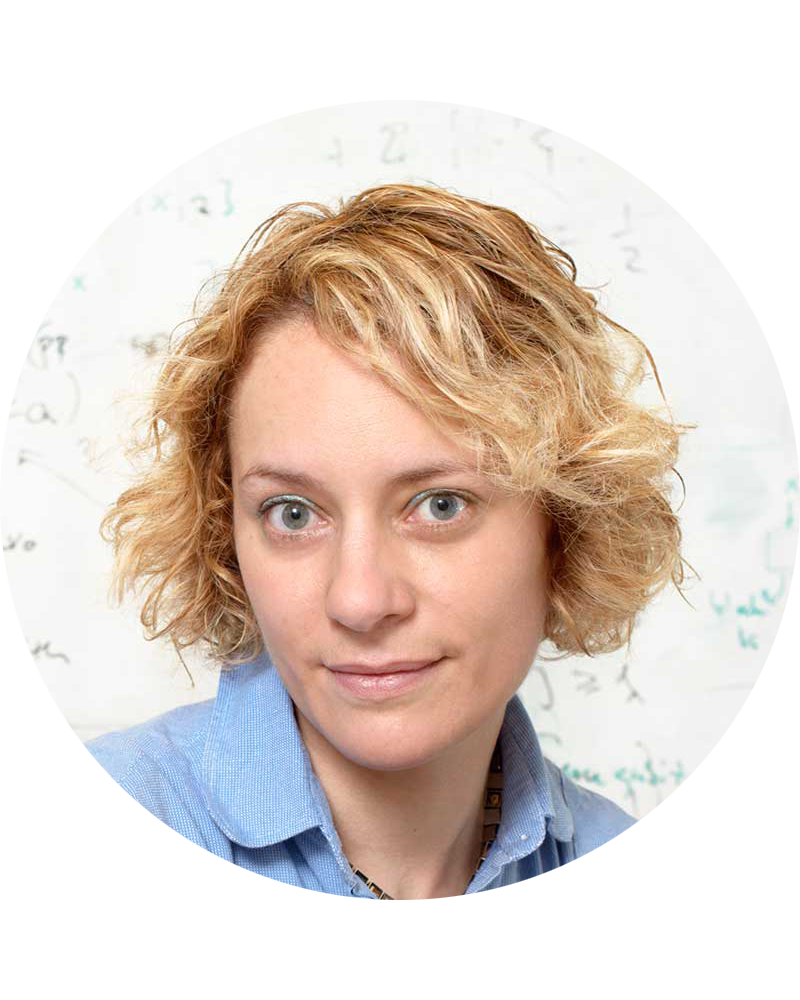
Stephanie Wehner
Stephanie Wehner’s goal is to overcome the theoretical challenges in realising and applying a large-scale quantum internet. To this end, her group develops new network applications, protocols to route quantum bits over large distances, tests for benchmarking quantum networks, and designs for quantum repeaters.
Stephanie’s group closely collaborates with the experimental labs at QuTech, both to implement new applications and to inspire and guide new theory that can overcome challenges presented by practical implementations. Stephanie is the division leader of QuTech’s quantum internet efforts.
Are you interested in a project within Stephanie’s group?
Michael Wimmer
Michael Wimmer’s research revolves around the field of mesoscopic conductors and superconductors. This includes graphene and topological aspects of condensed matter physics, such as topological insulators and superconductors, and Majorana bound states, as well as spintronics and the effects of disorder. Numerical simulations play a large role in the work of Michael’s group, which is developing new algorithms that are applicable to performing such simulations. His group closely collaborates with the experimental efforts in the qubit research division.
Are you interested in a project within Michael’s group?
